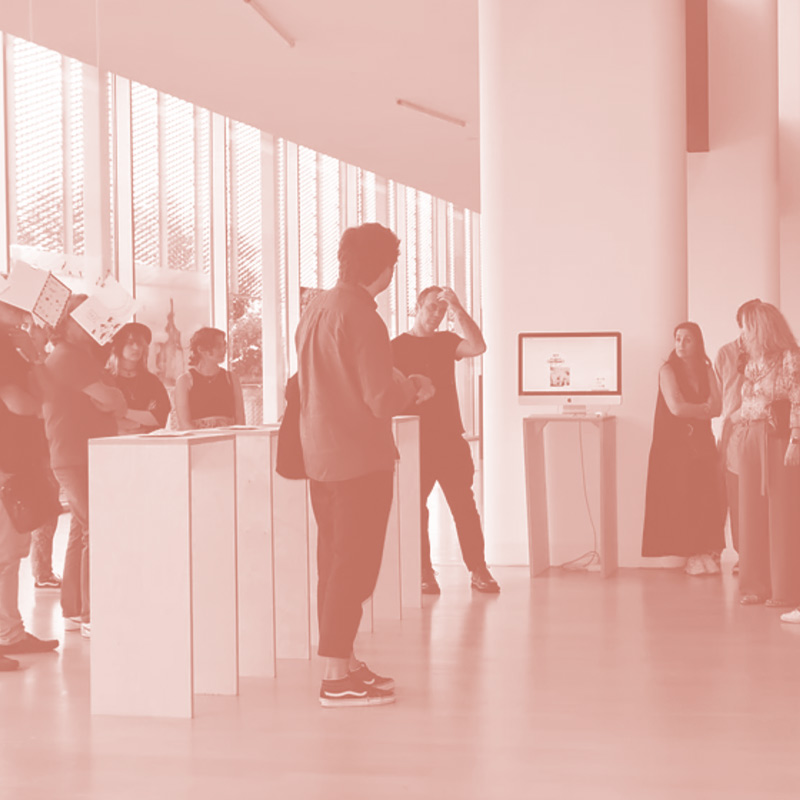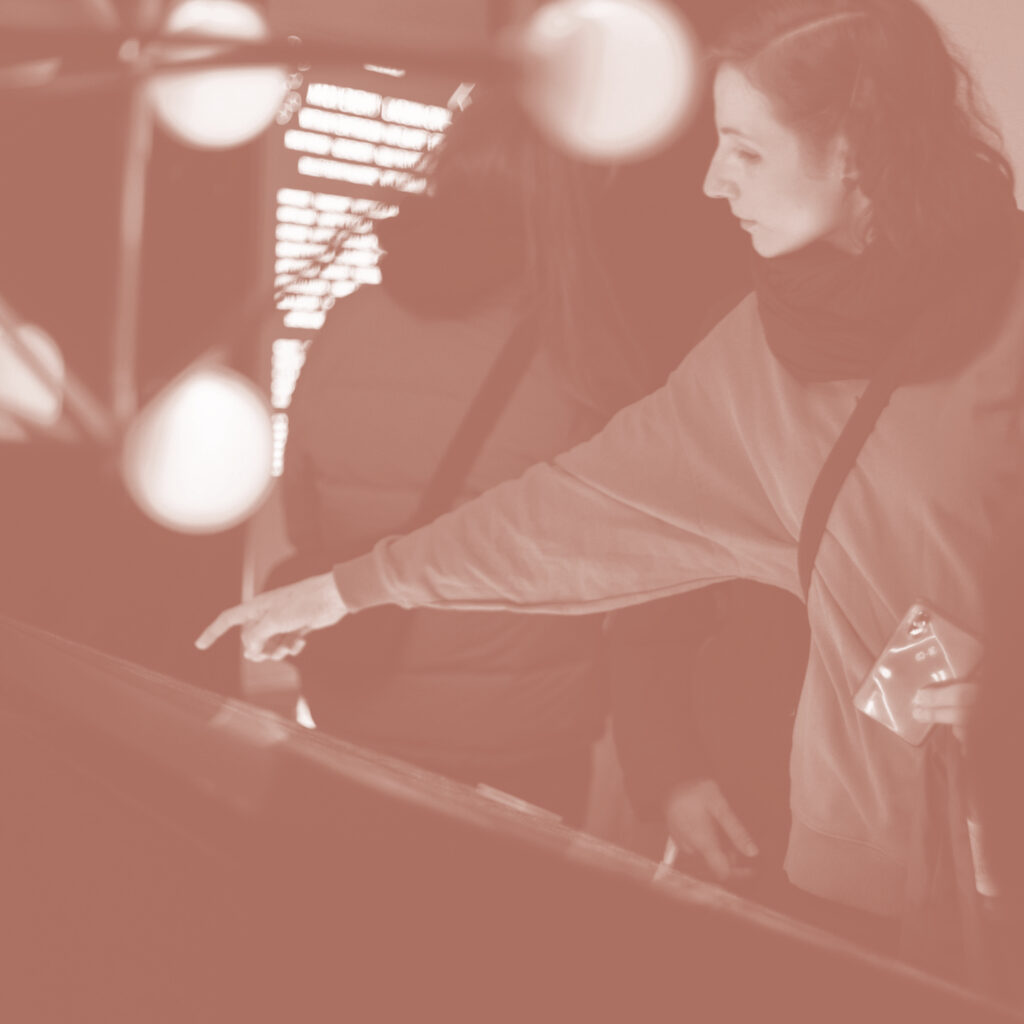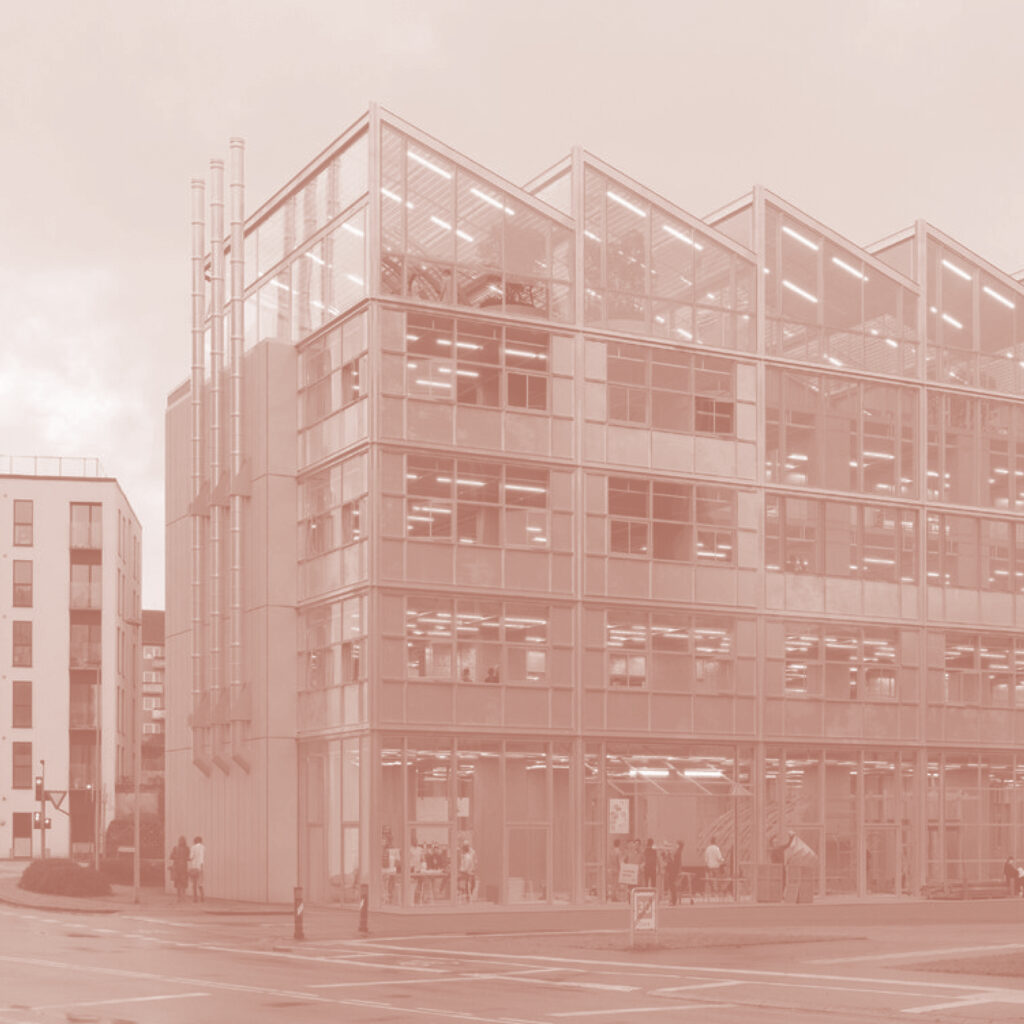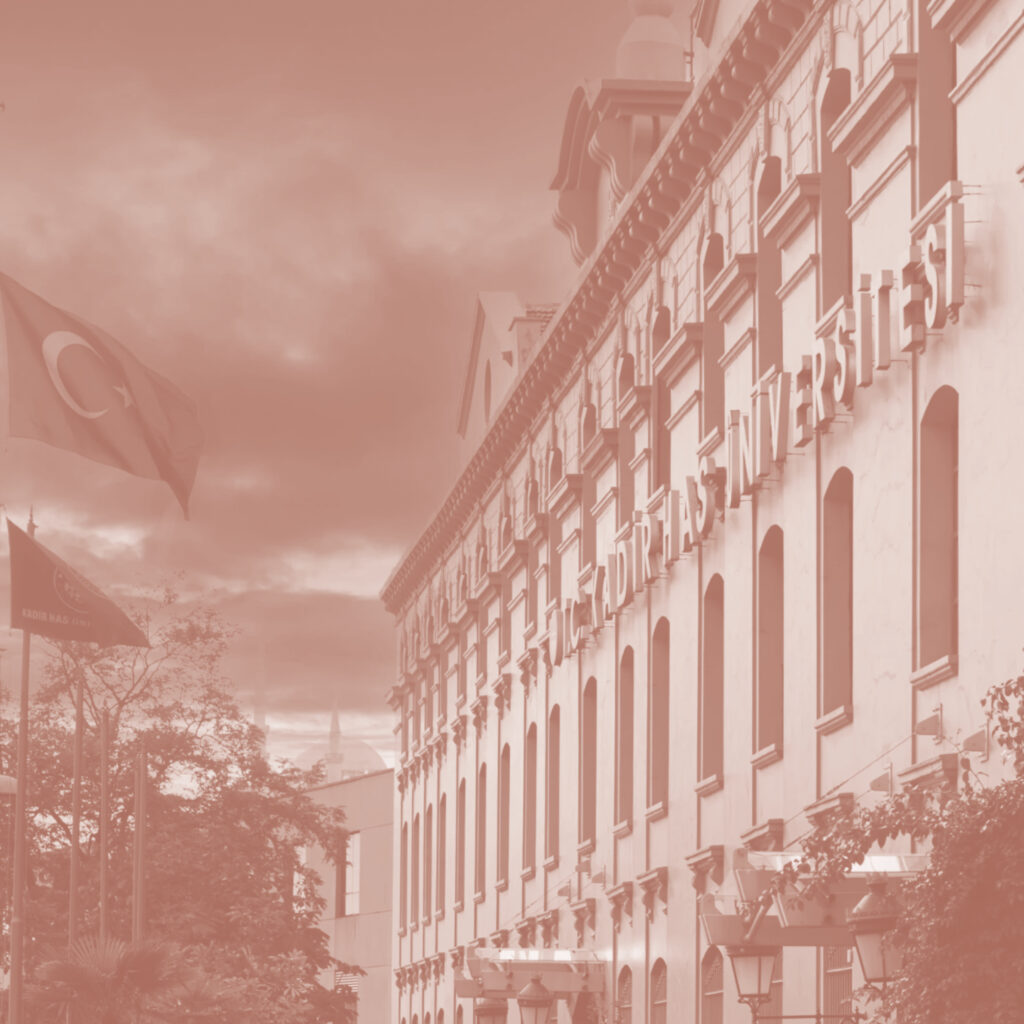TH Nürnberg
Faculty of Design
Germany
Master’s
Program (M.A.)
Design For Digital Futures
Design your
Future
Applications open
May 02.—
— 31.2026
Design your
Future
Applications open
May 02.—
— 31.2025
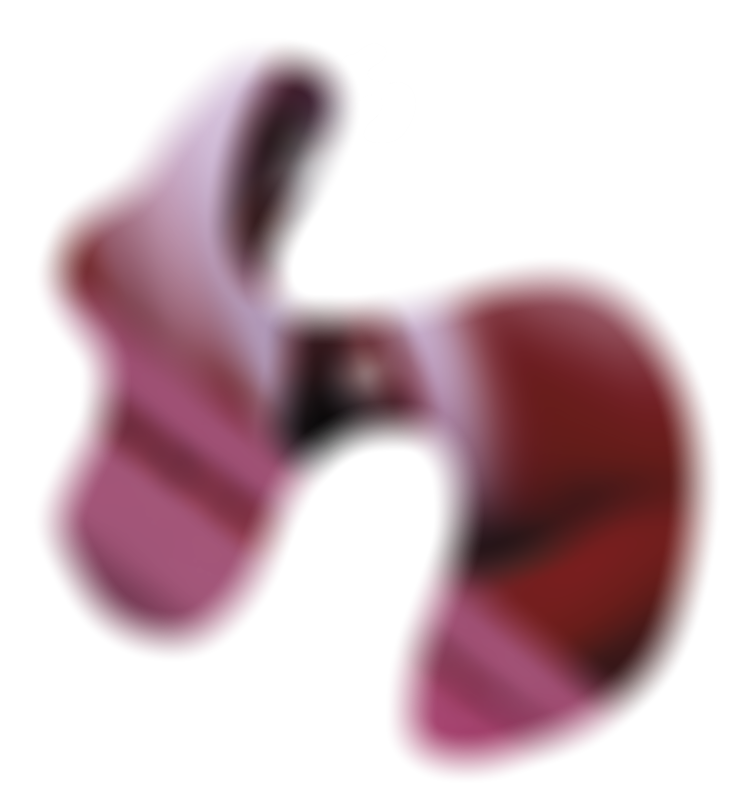
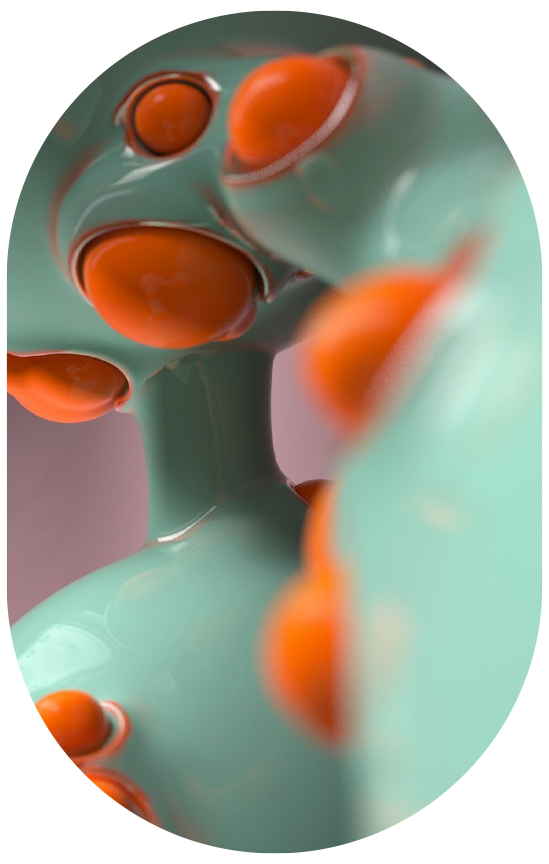
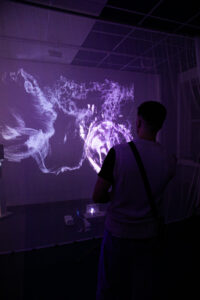
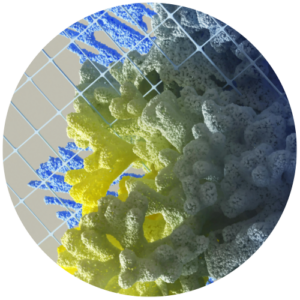
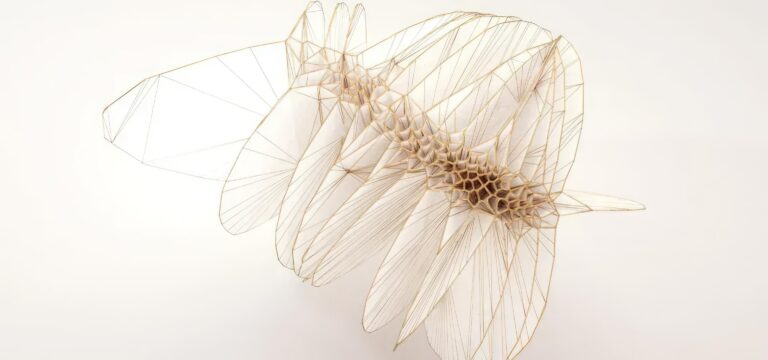


Interdisciplinary and Practical
The Design for Digital Futures (M.A.) program at Nuremberg Institute of Technology is designed for students who want to combine creativity with technology. This international master’s program is taught in English and welcomes students from diverse backgrounds who are eager to explore the future of digital design.
In this program, you will develop a strong technical foundation while working on your own creative projects. You will gain practical experience in areas such as Computer-Generated Imagery (CGI), generative design, and Artificial Intelligence (AI), allowing you to shape innovative digital experiences.
What makes this program unique is its interdisciplinary approach. You will work across different fields—including illustration, graphic design, typography, film, animation, interaction, and object design—while also developing skills in computer sciences, AI, physical interaction, and mathematical principles. This combination ensures that you graduate with both creative expertise and technical knowledge, preparing you for careers at the forefront of digital design.
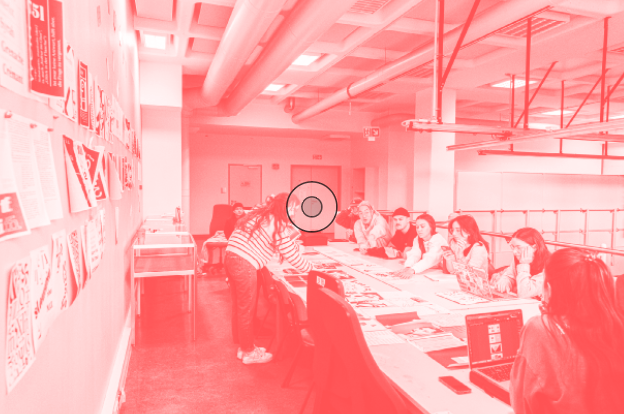

M.A. Design for Digital Futures
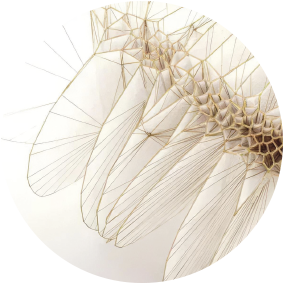
Overview
Where
ECTS Credits
Language
Academic Period
Fees
Starts
Requirements
Where
Nuremberg, Germany
ECTS Credits
120 (4 Semesters) / Full Time program on site
Where
Nuremberg, Germany
Language
English
Academic Period
Oct. 1st — Feb. 15th and Mar. 15th — Jul. 15th
Fees
max. €600 / Semester
Starts
Each Winter Semester (Oct. 1st)
Requires
Bachelor‘s Degree and Design/Tech Aptitude
Nuremberg, Germany
120 (4 Sem.) / Full Time program on site
English
Oct. 1st—Feb. 15th + Mar. 15th—Jul. 15th
Non-EU students 500 € + 72 € / Sem
EU students 72 € Service fee / Sem
Each Winter Semester (Oct. 1st)
Find full list here (e.g. Bachelor‘s Degree, Design/Tech Aptitude, and more )
Objectives
① Developing Technical Literacy
In a fast-changing technological landscape, the ability to quickly grasp and apply emerging principles is crucial. Our graduates excel at transforming new technologies into innovative design solutions, ensuring they stay at the
forefront of the industry.
② Learning to Apply Design Research
A solid foundation in research and scientific methods enables our graduates to make informed, strategic decisions in technology-driven design. This skill is essential for working in technology-oriented design fields and developing innovative solutions.
③ Collaborating Internationally
Design and technology are global industries, driven by cross-cultural and interdisciplinary collaboration. That’s why we encourage our students to broaden their horizons by spending a semester at a partner university abroad. This experience is invaluable for cultivating a global mindset, expanding professional networks, and gaining diverse perspectives that will shape and enrich their future careers.
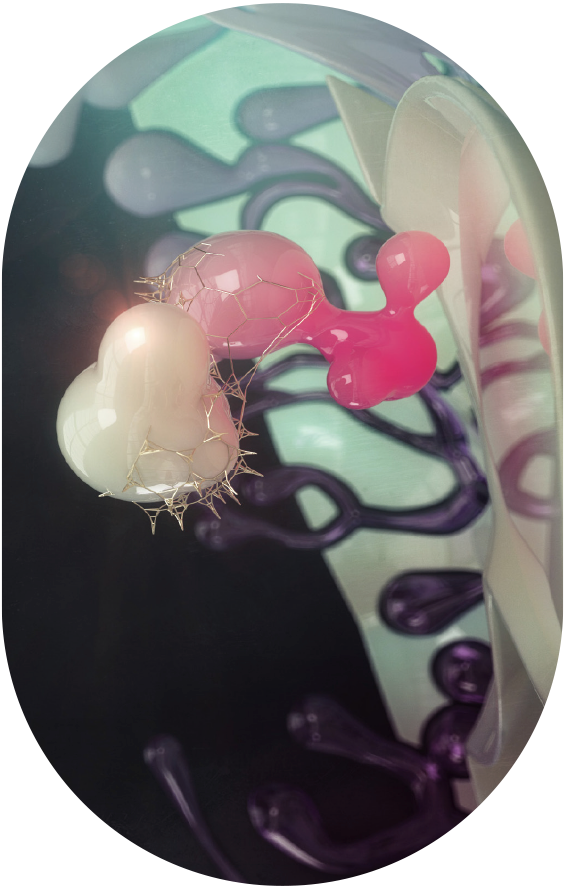
Curriculum
1. Semester
Computer Science Foundation I
Applied Mathematical Method for Designers I
Applied Computer Science I
Design Project I
Design Research I
Design Research basics
Design concept 1
Design Research I
Creative Coding
Required Electives
Critical Topics
Academic Writing
2. Semester
Computer Science Foundation II
Applied Mathematical Method for Designers II
Applied Computer Science II
Design Project II
Design Research II
MASTER DAYS
3. Semester
Semester Abroad
Semester Abroad
Supervision
4. Semester
Master Thesis
Complex creative and technical problem solving using the technical, creative and scientific skills acquired.
Master Thesis Transfer
Make your work connectable for business, science or society in
the sense of scientific transfer.
Master Thesis Defense
Project presentation
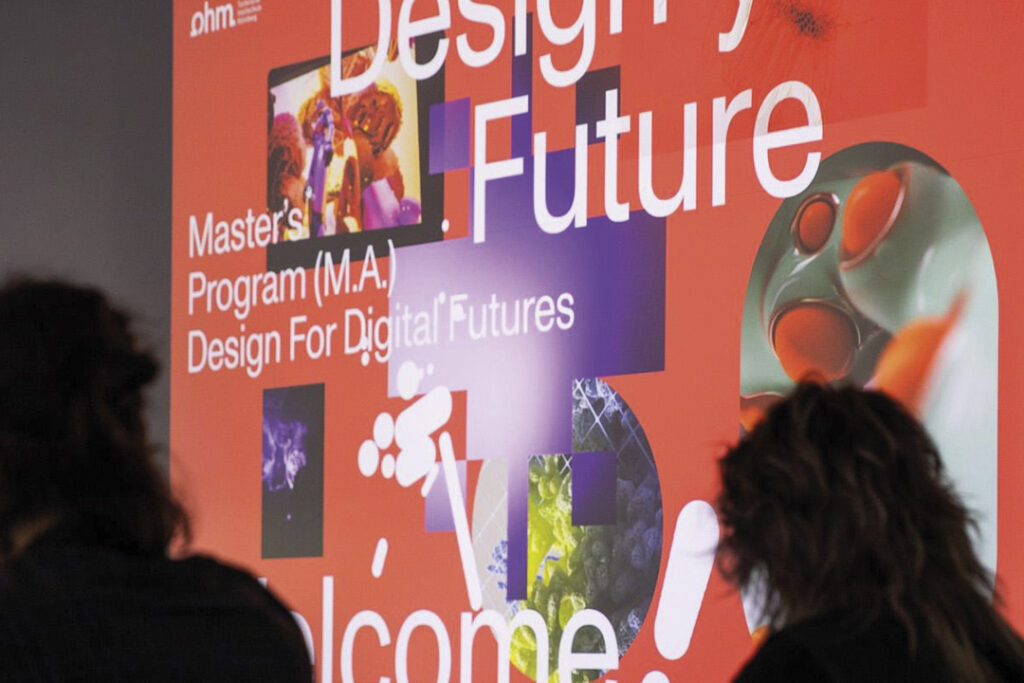
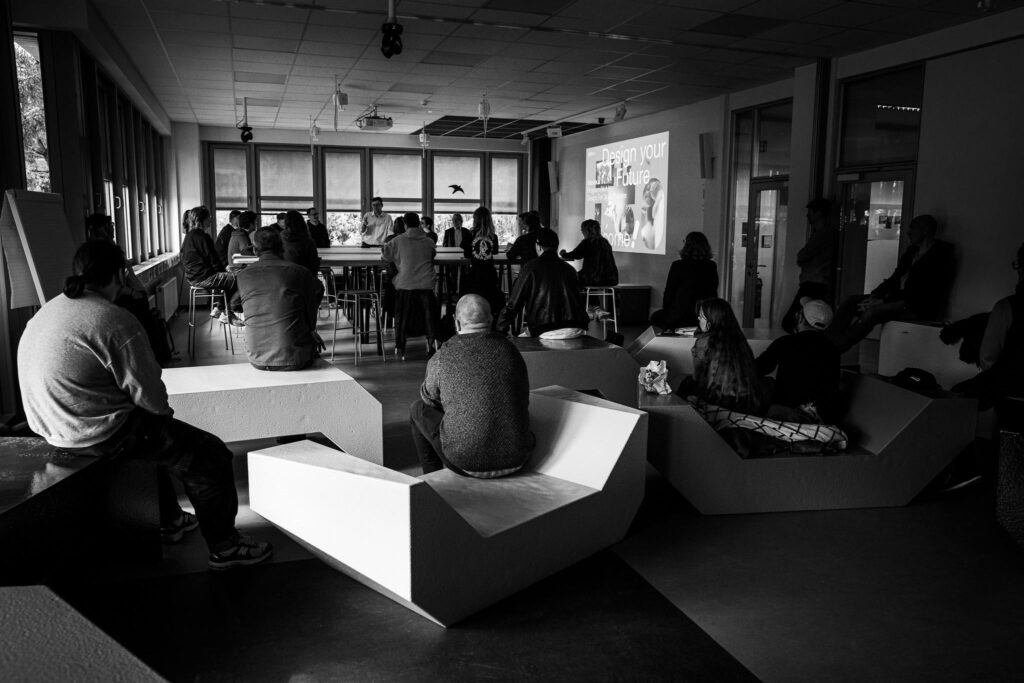
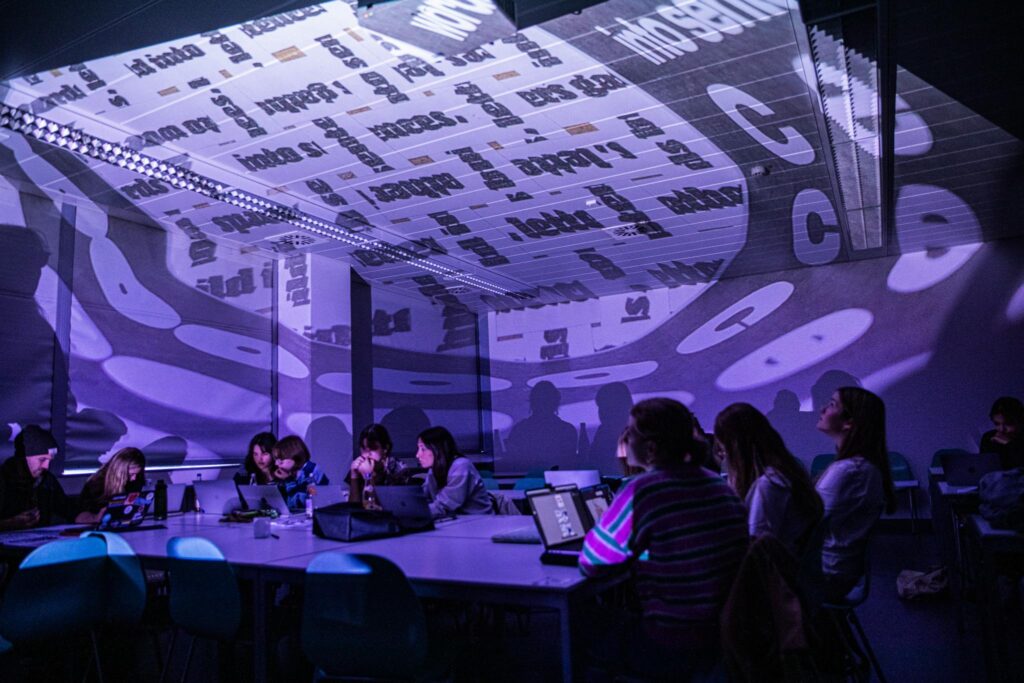
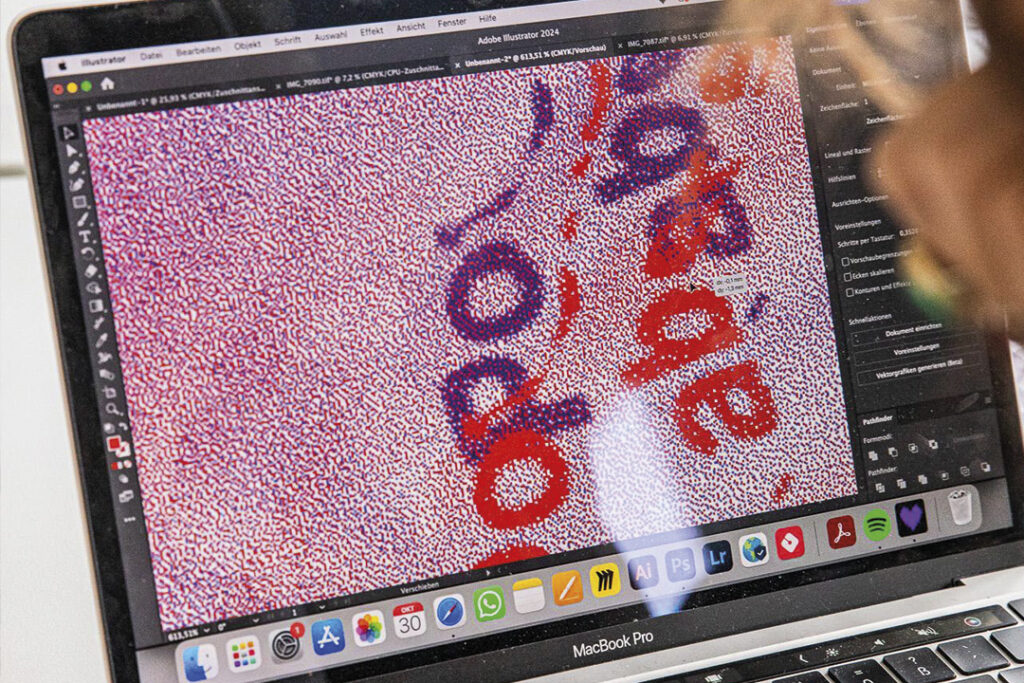
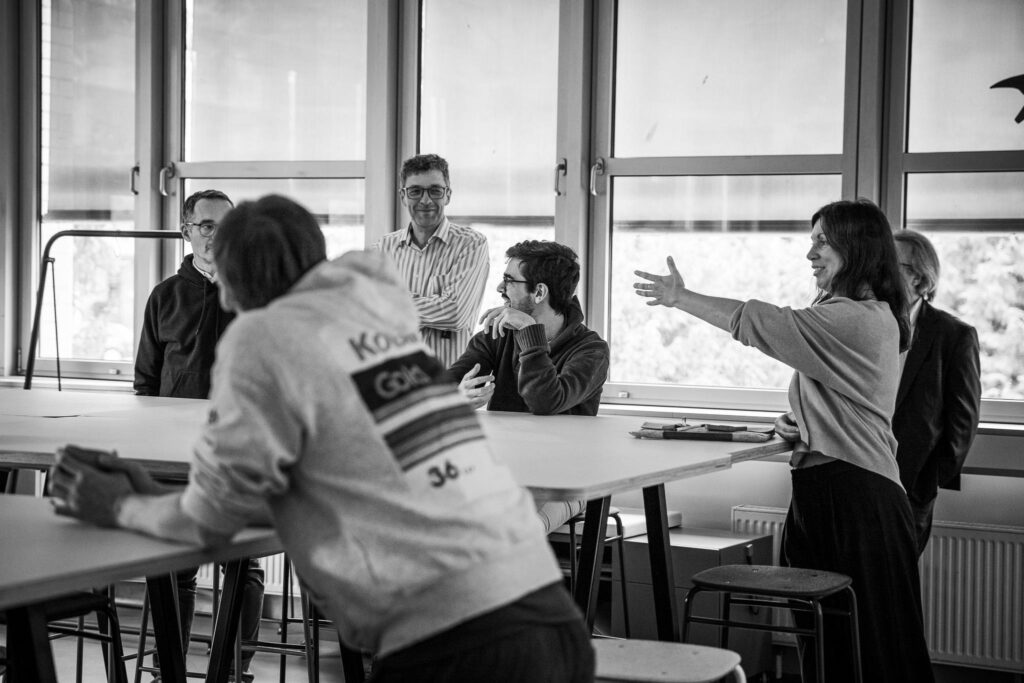
“There’s a notable shortage of graduates
with the right mix of technical skills and
artistic skills, graduates from this course
will clearly fill that gap.”
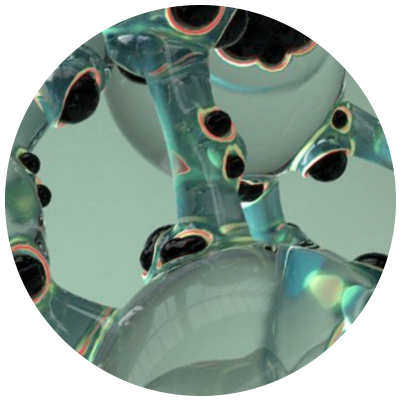
Explore the World:
Study abroad opportunities at
our partner universities
International experience is a key part of our Design for Digital Futures (M.A.) program. To reinforce this, our students spend a mandatory semester abroad. This opportunity allows our students to collaborate with international teams, experience new cultures, and expand their creative and technical skills in a global setting.
Our partner universities, together with Nuremberg Tech’s International Office, provide support and guidance to help you make the most of your semester abroad. Below, you’ll find some of our international partners:
“Being able to break down an academic
paper, figure out its core messages and methodologies, and procedurally building a design that is true to those research
findings is a highly valued skill in our field,
and no doubt many others as well.”
Dr. Jeroen Claus, Phospho
Career Opportunities:
Shape the Future of Design
The future of design is driven by technology and innovation. With skills in generative design, AI-driven design and computational techniques, our students will be prepared for exciting career opportunities in a variety of industries. Whether in architecture, product design, fashion or interactive media, your expertise will be in high demand.
This master’s program not only provides you with the technical skills
you need but also encourages a mindset of continuous learning
and exploration. If you are passionate about combining creativity and technology, this degree program will allow you to push boundaries
and redefine digital design.
Below are just a few career paths you could pursue after graduation:
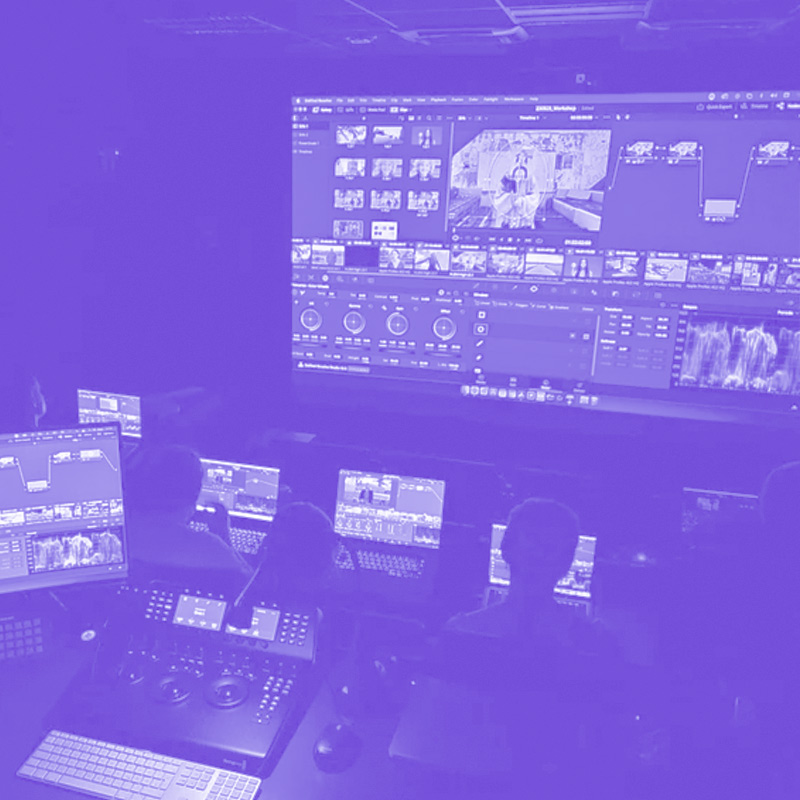
Technical Director
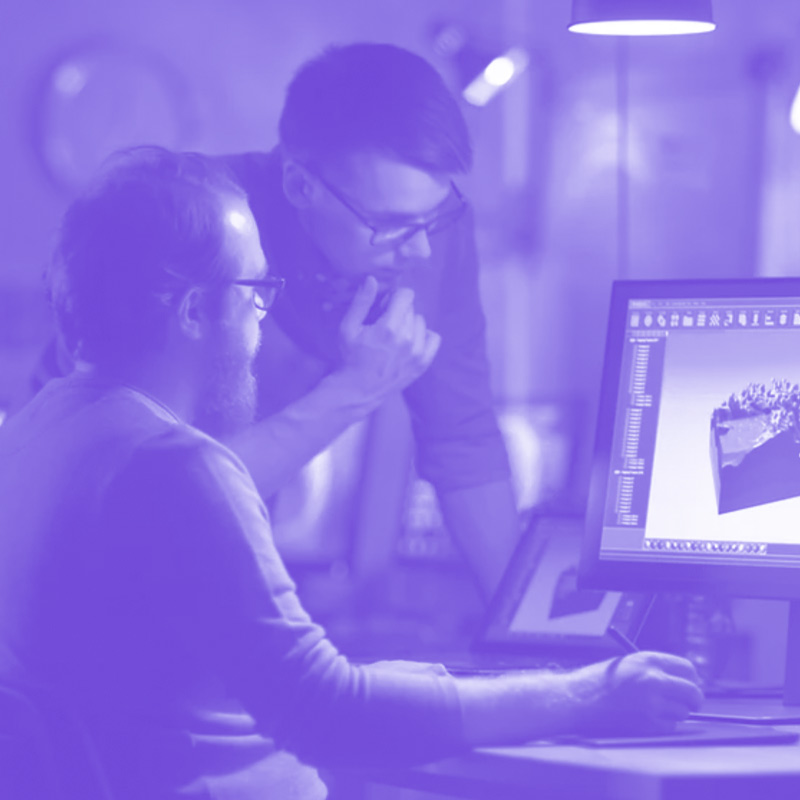
Tech Artist
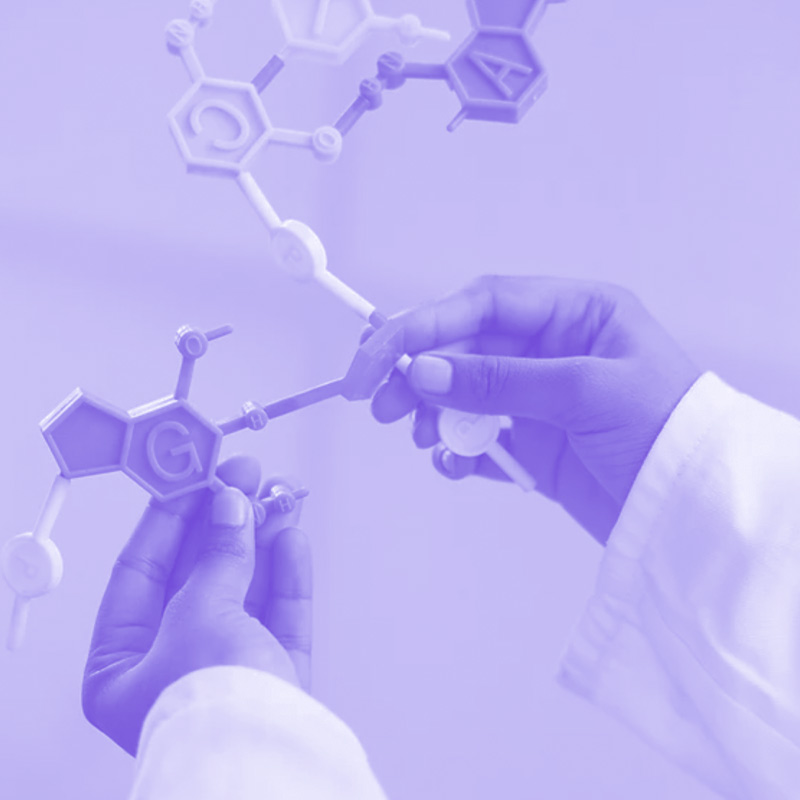
Science Communicator

Multimedia Artist
Meet Our Team:
Experts in Design and Technology
By closely combining disciplines such as illustration, graphic design, typography, film, animation, interaction and object design with the technical depth of computer science, artificial intelligence, physical interaction and the fundamental principles of physics and mathematics, the Design for Digital Futures master’s program offers a unique and forward-looking educational experience.
Our teaching staff reflects the diversity of our students, with members drawn from both academia and industry. This blend of theoretical expertise and real-world experience ensures that our graduates acquire the knowledge and skills needed to pursue a successful career in the field of computational design.
M.A. Design for Digital Futures
Masters program
Prof. Moritz Schwind
Professor
Computational Design
Prof. Manuel Casasola Merkle
Dean / Professor
Computer Generated Imaging
Dean of Study /
Prof. Walter Mehl
Professor
Cast
Prof. Dr. Max Ackermann
Professor
Verbal Communication
Prof.
Dr. Michaela Honauer
Professor
Design Research
Prof. Sybille Schenker
Head of MA program /
Professor Illustration
Prof. Olaf Thiele
Professor
CGO
Regina Wimmer
Administration
and Services
Monika Fuchs
Administration
and Finances
Verena Hennig
Degree Programme
Manager
Project Consultants
Prof. Lucia Scharbatke
Professor
Film and animation
Prof. Markus Lange
Professor
Graphic Design
Prof. Dr. Max Ackermann
Professor
Verbal Communication
Prof. Tilman Zitzmann
Professor
Digital Experience
Team Assistants
Matthias Mühlhausen
Print and photography
Steve Wühr
Sound Design
Garri Steba
Laboratory engineer
Your application:
What we are looking for
To ensure that your interests and skills align with the vision of our Design for Digital Futures Master’s program, we are looking not only for artistic and technical talent, but also for dedicated, critical thinkers and creative problem solvers.
Our application process is designed to identify these qualities and to find students who are not only technically qualified, but also curious, innovative and determined to actively shape the future of design.
M.A. Design for Digital Futures
Apply now for WiSe 2026/27
Master’s Program (M.A.)
Design For Digital Futures
Applications open May 02.—31.2026
